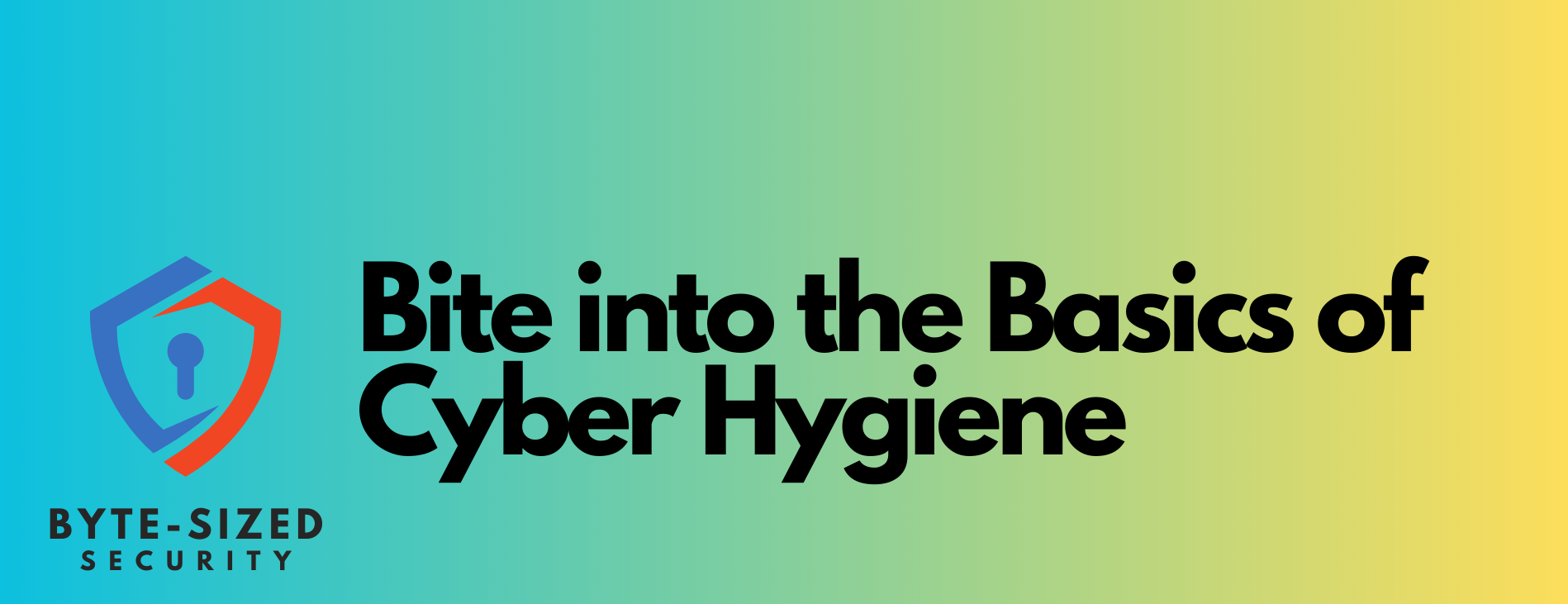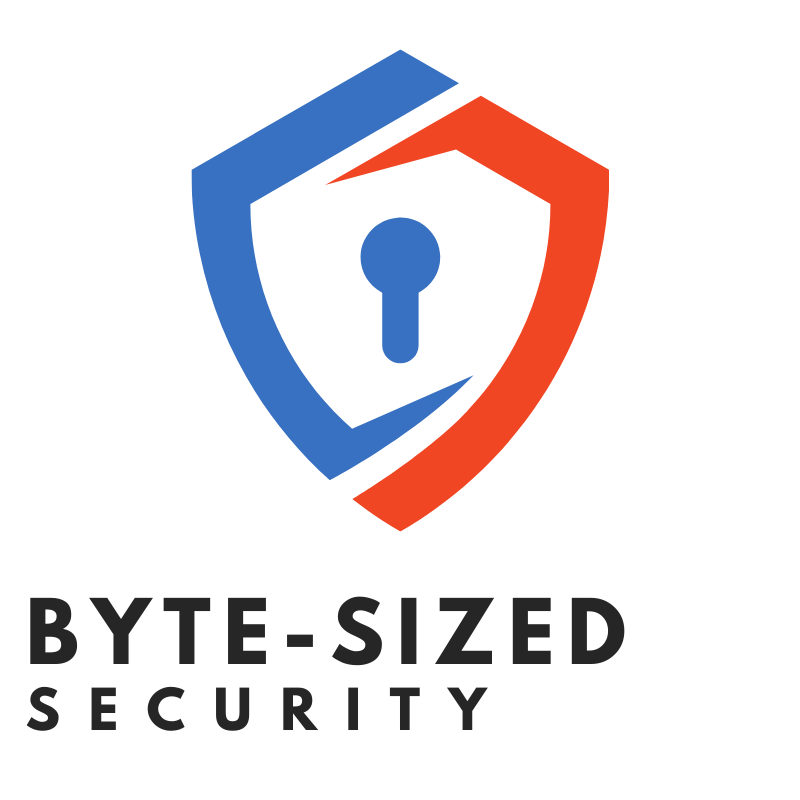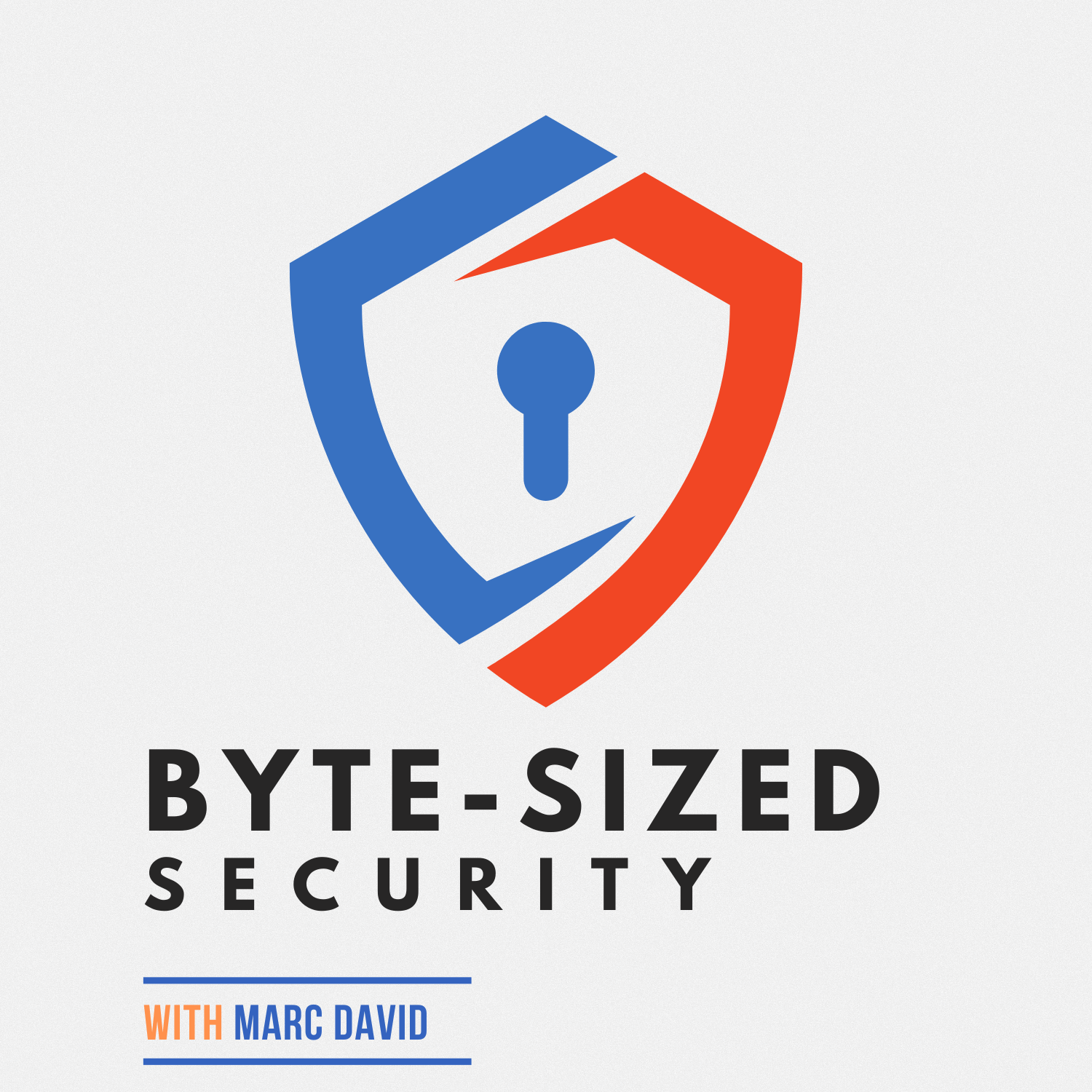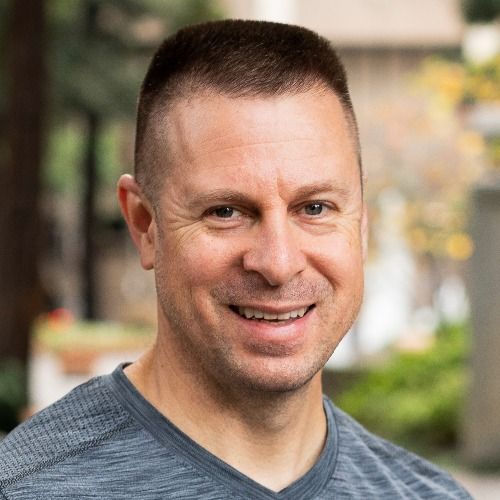Ep23: Updated Google Cybersecurity Professional Certificate
Decoding Google Cybersecurity Certificate Program
The speaker discusses the Google Cybersecurity Certificate Program and its benefits for both experienced and new cybersecurity enthusiasts. The speaker discusses how you can get the program for free through libraries that offer Coursera, like the California state public library. No matter if you're already in the field and looking for a refresher course or entirely new to cybersecurity, the speaker finds the program commendable. They add that while it won't guarantee you a job, it does provide a structured learning path and a certificate that you can mention on your resume.
Timeline:
00:00 Introduction to Google Cybersecurity Certificate Program
00:16 Who Should Consider the Program
00:51 Benefits of the Program
01:12 Comparing with Other Certifications
02:32 How to Access the Program for Free
03:11 Personal Experience with the Program
03:26 Benefits for Existing Certification Holders
05:31 Value of the Certificate for Job Seekers
07:02 Final Thoughts and Recommendations
---
I do hope you enjoyed this episode of the podcast. Here's some helpful resources including any sites that were mentioned in this episode.
--
Sites Mentioned in this Episode
- Google Cybersecurity Certificate - The Google Cybersecurity Certificate program on Coursera
--
Find subscriber links on my site, add to your podcast player, or listen on the web players on my site:
--
Support this Podcast with a Tip:
--
If you have questions for the show, feedback or topics you want covered. Please send a short email to marc@bytesizedsecurity.show with the Subject line of "Byte-Sized Security" so I know it's about the podcast.
Connect with me on TikTok: https://www.tiktok.com/@bytesizedsecurity
Mentioned in this episode:
Transcript
This is an update to the Google Cybersecurity Certificate Program.
2
:Now, previously I talked about it.
3
:And I was sort of on the fence, like
if you're just going to study for
4
:something, do the CISP or security plus.
5
:However, if you are new to cyber
security, brand new, you want
6
:to make a job transfer lateral.
7
:Or if you're in it and you want to
somehow get into cyber security, but
8
:you're not really sure how and needed
some kind of structured learning.
9
:I would actually recommend.
10
:This program at this point.
11
:I know it seems weird,
but here's the thing.
12
:There's a way to get it free and
I'm going to mention it again
13
:.
And I've mentioned on the podcast as well, but if you are looking to go into.
14
:Cyber security in any capacity.
15
:Even if you're not in a, it related field.
16
:Actually, I think this
program is quite well done.
17
:There's some things it could do better.
18
:Of course.
19
:But on a very high level.
20
:It does a great job of giving you an
overview of all the different fields and
21
:domains and aspects of cybersecurity,
so that maybe you can pick one of those.
22
:And that's sort of what
you would focus on.
23
:But it's better than the CISSP in that.
24
:That one really is a very difficult.
25
:Course and class to study for can be done.
26
:I did it.
27
:But I also had an it background.
28
:And that's the route that I took.
29
:And the comp Tia certifications.
30
:Are more popular.
31
:But they're harder than this as well.
32
:So if you're looking for something
sort of as an entry level,
33
:I think this is actually a.
34
:Brilliant.
35
:Class to go forward out.
36
:It's Encore, Sarah.
37
:And the ability is $49 a month.
38
:Depends on your level of skill.
39
:Now, like I said, I have a CISSP, so
I'm going through this at a pretty good
40
:pace because it's not foreign to me.
41
:I understand the concepts.
42
:It's a refresher.
43
:It's easy.
44
:But if I was brand new, Hmm, I think it
would be a little bit more difficult.
45
:It would take a little bit more time to
understand these contests concepts, but
46
:I've also been working in the field.
47
:For five years as a security engineer.
48
:So this isn't foreign to me, but I
would recommend that if you're looking
49
:to transfer laterally transfer or
you're already in it, This is actually
50
:a little bit better, laid out and
easier than the other programs.
51
:That are out there and it is
on Coursera, which means you
52
:can do it on a mobile device.
53
:And obviously the website.
54
:Now I mentioned you could get it for free.
55
:So, how do you do that?
56
:Okay.
57
:If you get a public library card and you
may have heard that on other podcasts.
58
:Then.
59
:If that library.
60
:Offers Coursera.
61
:And they've made a deal with
Coursera, which the California
62
:state public library has done.
63
:Some of them, not all of them.
64
:Then you'll find that in the
e-learning or digital section.
65
:And they probably have a
select number of seats.
66
:So in my case, There's a select
number of seats at the state.
67
:And every 90 days they purge
people who haven't used it.
68
:So I just kept clicking every day until
one day it said welcome to the program.
69
:So I'm actually doing.
70
:I'm on module six right
now, as I'm recording this.
71
:I have the Google cyber
security certificate program.
72
:And I'm getting that
through the public library.
73
:And I'm getting all these
certificates with my name on it,
74
:and it's quite a lot of hours.
75
:So here's the other aspect
that you may not think if you
76
:already have a certification.
77
:And it requires you to get
CPE credits like the CISSP.
78
:Bias.
79
:See square does require that.
80
:These are actually accepted.
81
:And there are a lot of hours and
it's a great refresher course.
82
:So even for me, if you look at it like,
oh, are you really learning anything?
83
:And the answer is, yes, there's always
something to be learned in this.
84
:I'm getting a lot of credits and I'm
pretty much squared up for the next year.
85
:So that's a huge benefit to me.
86
:It's a really nice way to get a
refresher course and a bunch of credits.
87
:And go through this and then be
able to tell other people about it.
88
:Now I, you could use this for
other, you know, jump jumping points
89
:for other learning activities.
90
:And I've seen that as well.
91
:And that's totally true.
92
:I'm.
93
:I'm into learning.
94
:So I think this is a, a great thing to do.
95
:So it really depends.
96
:It's it's got a little bit
something for everyone, right?
97
:If you laterally transferring, or you
have absolutely no experience, what
98
:a great way to get into the field.
99
:If you have a lot of experience.
100
:What a great way to get a bunch of
credits so you can, you know, keep
101
:your current certifications going.
102
:So I don't really think you lose.
103
:And if you get a public library card and.
104
:I don't know if this applies to
international, but if you, our library
105
:does offer Coursera as an option.
106
:What a great way to save money,
because it depends on how
107
:long it's going to take you.
108
:Right.
109
:At the fastest pace that
I could possibly go.
110
:It's still going to take me.
111
:About three weeks to go through this,
just because it's a lot of time and a
112
:lot of videos and a lot of things to do.
113
:And okay.
114
:That's $49 to me.
115
:Great.
116
:But if you don't have that
experience already, and this is a
117
:little bit more difficult for you
and you do want to take your time.
118
:Maybe it'll take you four
months or six months.
119
:So you might be saving 249 to $300.
120
:If your library offers it.
121
:Either way, even if your
library didn't offer it.
122
:It's still a really good
class to go through.
123
:Initially, if you have an interest
in getting into cybersecurity, now
124
:I'll put on something else out there.
125
:Having this means that an employer
is just going to be like, oh my gosh,
126
:this person has this certificate.
127
:So I w I T totally should hire them.
128
:No.
129
:I don't really think so.
130
:I.
131
:You'll get two ways
from everything, right?
132
:Some people say, you know,
having a certification.
133
:Is really great.
134
:It's like employers are
really looking for that.
135
:And the other hand, there are
plenty of qualified people out
136
:there in jobs right now that are
doing awesome and have no certs.
137
:So, no, I don't think assert.
138
:Does that, what it does do is give
you a structured learning path.
139
:And it gives you a targeted goal and
it's something you can put on your resume
140
:and it's something you can talk about.
141
:And maybe employers are
looking for that and great.
142
:It's a bullet point on a resume
and it gets you another keyword.
143
:And maybe there'll not looking for that.
144
:It really doesn't matter.
145
:So is this certificate going to
get me anything from my employer?
146
:No, no.
147
:One's going to care, but it's going
to get me those credits, which I do
148
:care about so that I can keep my C
I S S P, which they do care about.
149
:So it's a win-win I don't.
150
:See any of the way to this other than.
151
:It's just a win.
152
:And it isn't to say that you couldn't get
all the same technical information off of
153
:Udemy or YouTube or somewhere else, but
it would take me more time to find that.
154
:And this is more organized and
there's really good downloads.
155
:Uh, some of the documents and
templates that you get to get
156
:actually are really decent.
157
:And if you're into building
chatbots, you can use some of those
158
:documents to build your chat bot.
159
:That's a security engineer just saying.
160
:But there is benefits to this.
161
:So.
162
:To wrap it all up.
163
:You can get it for free potentially.
164
:I do think that it's worth taking,
regardless of if you've been in
165
:the industry or not just as a
refresher course and for credits.
166
:And if you have an interest in
cybersecurity and you have no experience,
167
:this is a great way to get into it.
168
:I think that's easier than other pathways.
169
:And if you want to make a
lateral move in cybersecurity.
170
:You'll have a lot of knowledge already
that makes us easier, but we'll
171
:introduce you to cyber security.
172
:And you get a certificate at the end.
173
:And you can put that on LinkedIn and put
in your resume and maybe no one will care.
174
:It doesn't really matter.
175
:You're going, this is going to
propel you to get you to the next
176
:level, to start creating that
portfolio to start showcasing.
177
:What you have done and give you some.
178
:Documentation and some templates that
you can use in order to practice that so
179
:that you can have real world experience.
180
:So with that, I actually would
encourage you to go check it out,
181
:see if you can get it for free.
182
:And if not, it's $49 and
there's other benefits to that.
183
:But I think it's, it's interesting.
184
:I'm just going to leave it at that.
185
:At first, I was a little
bit jaded thinking.
186
:I don't know if this is
something I really want to do.
187
:Until I realized I could
get credits for it.
188
:And it's just been to learn anyway and
picking up a couple things here and there.
189
:But, uh, yeah.
190
:So if you get a chance to take a
look at it, it's not a bad idea.
191
:So, if you have any questions for
this podcast, check the show notes.
192
:My contact information is in there.
193
:Be safe.
194
:And stay safe.





